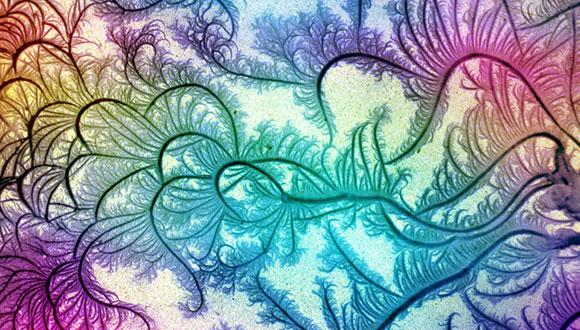Condensed Matter Physics Seminar: Scheduling self replication
Rami Pugatch, Simons center for systems biology, School of natural sciences, Institute for Advanced Study, Princeton NJ
Abstract:
A bacterial cell is a complex self-replicating chemical factory. Like other factories it contains a set of processing units that convert raw material to useful end-products in finite time while burning free energy (cost). Proper function of the factory requires a schedule, which in a cellular context is a distributed autonomous mechanism to temporally assign production tasks to processing units.
In this talk I will explain how a physics perspective on the problem of production scheduling of a self replicating factory allows an unexpected simplification. I will show how an old model devised by J. Von Neuman, is not only successful in predicting the cell's modus operandi with respect to the instruction (DNA) copying mechanism, but can also be used to describe the global temporal organization of self replication, allowing a novel universal view of all cellular processes occuring within single-cell organisms.
I will explain the model, and how it can be used in conjunction to a novel type of random matrix ensemble to obtain a surprising result: cells can optimally schedule their self replication by charging their catalytic and substrate pools, such that the demand for input materials (processing units and substrates) is dynamically satisfied.
link to paper: http://www.pnas.org/content/early/2015/02/06/1418738112
Seminar Organizer: Dr. Eran Sela


